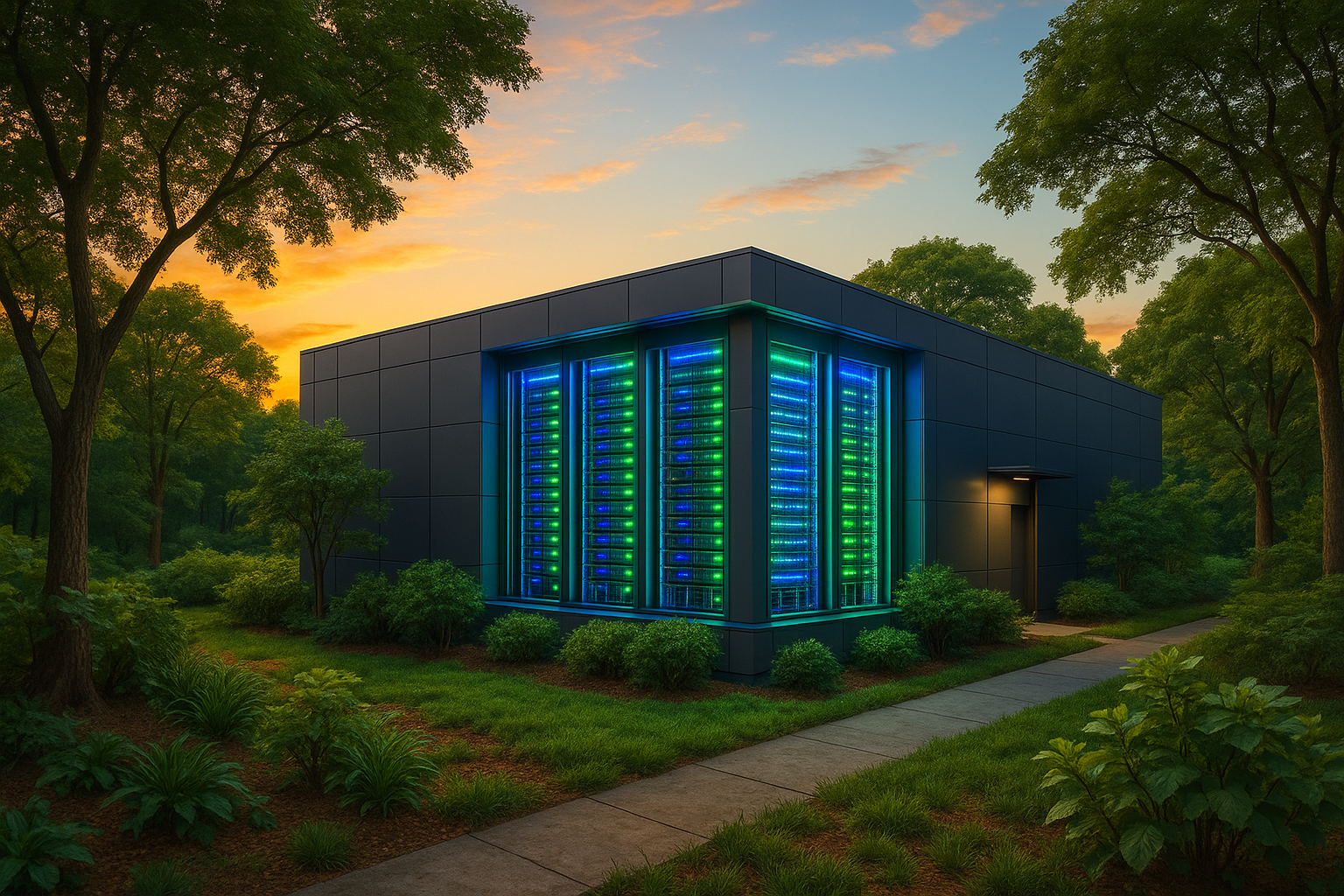The technological development that has been taking place in recent years is as dizzying as it is practical. Many innovations and products have reached our daily lives and have modified the behavior and decisions of large global companies.
Clearly, this evolution has not stopped. For this reason, Gartner has identified and explained a total of seven disruptive technologies that will have an impact on sales until 2027. In this Befree blog post we discuss some of the most prominent ones.
Generative AI
The first of the disruptive technologies that has caught our attention is generative Artificial Intelligence. This is a system that learns from existing content. The goal is to generate new artifacts with high realism that display the characteristics of training data without repeating them. Noah Elkin, VP Team Manager at Gartner, points out that generative AI means that sales teams will never again have to beg for content.”
Generative AI can produce a variety of novel content such as images, video, music, voice, text, software code and product designs. By 2025, 30% of outbound messages from large organizations will be synthetically generated. In fact, without naming names, there are many systems that work in this area that companies are hiring at affordable prices.
Emotion AI
We continue talking about AI in these disruptive technologies. On this occasion, it is Emotion AI. This artificial intelligence consists of a system that analyzes, processes and responds to the user’s emotions. In this way, it can help by altering the seller’s capacity for empathy and the buyer’s engagement.
By 2024, AI’s identification of emotions will influence half of the online ads viewable by shoppers, notes Gartner. This AI will be able to read faces and emails, as well as predict which ads will work with a given shopper and which won’t do so well.
Digital Humans
Digital humans are AI-driven interactive representations capable of displaying some of the characteristics of a human being. These can be personality, knowledge or mindset. As Gartner predicts, by 2026, half of B2B buyers will interact with a digital human at some point in the buying cycle.
Digital humans will take on the tasks that humans don’t want to do, such as managing lead nurturing, old opportunities or leads that went nowhere. “The digital human economy is going to revolutionize the makeup of traditional sales teams and grow into a market worth hundreds of billions of dollars” Elkin says.
Machine Customers
Finally, the last of the disruptive technologies we will discuss are machine customers. These are non-human economic actors who obtain goods or services in exchange for payment. For many companies and organizations, the idea of selling to machine customers is not yet a reality, but now is the time to start planning for it.
Sales managers must begin to develop forces that can overcome the challenges of human, automated and hybrid selling environments. Gartner survey results show that CEOs and CIOs believe that 20% of their revenue could come from machine customers by 2030.
“When automated customers become a more tangible part of the buyer mix, sales organizations will need to plan for subsequent enablement issues, such as managing an increasing volume and velocity of customer data and preparing human and digital salespeople to sell to machines” Elkin explains.






